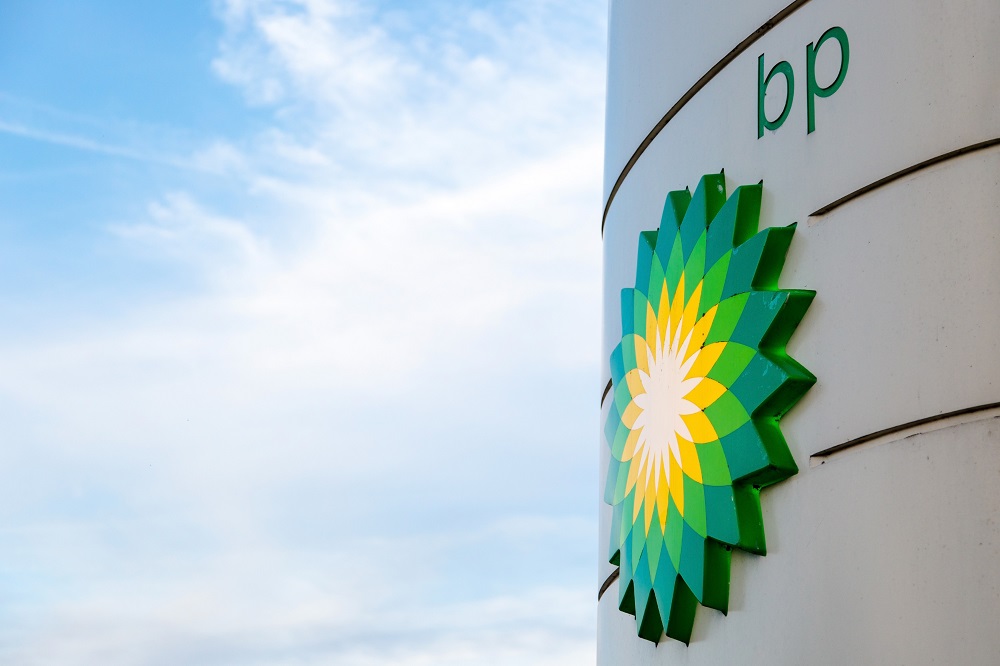Because of the beating that oil prices have taken since mid-October, the prices of many oil companies have tanked (pun intended). As a result, their yields have become quite attractive – but only in cases where the dividend is safe.
BP (NYSE: BP), formerly known as British Petroleum, operates in 70 countries and has 74,000 employees. It produces 3.6 million barrels of oil per day and has nearly 18.5 billion of proven reserves.
Dividend investors love the fact that the stock currently pays a hefty 5.7% yield.
Can it continue to do so?
The company has grown its cash flow considerably since a disastrous 2016 when cash flow was in the red. The negative cash flow was due to extremely low oil prices after the commodity crashed in 2015 and stayed down throughout 2016.
Last year, BP generated $6.2 billion in free cash flow. However, it paid out $6.7 billion in dividends. That’s not great, and it’s definitely not sustainable.
But in 2019, Wall Street forecasts BP’s free cash flow to swell to $10.9 billion, which should very easily cover the $6.7 billion in dividends that it is expected to pay out.
Keep in mind that predictions of strong free cash flow in 2019 assume that oil prices will stay roughly where they are. If oil prices drop, free cash flow should as well. If oil rises, free cash flow should follow.
In BP’s last quarterly conference call, management talked about maintaining a “progressive” dividend policy, suggesting that the dividend could increase going forward, assuming free cash flow is as strong as predicted.
Importantly, BP has not cut its dividend over the past decade, even when oil prices fell very hard. That’s impressive, and it should give investors added confidence.
As long as BP’s free cash flow is somewhere near the ballpark of what Wall Street expects, investors should have nothing to worry about when it comes to the safety of their dividend.
Dividend Safety Rating: B
If you have a stock whose dividend safety you’d like me to analyze, leave the ticker symbol in the comments section.
You can also search Wealthy Retirement to see if I’ve written about your favorite stock. Just click on “Search” in the upper right-hand part of the page and type the ticker or company name.
Good investing,
Marc
P.S. If you’re interested in the energy sector, be sure to check out The Energy Disruption Triangle: Three Sectors That Will Change How We Generate, Use, and Store Energy by my colleague David Fessler. His new book already hit No. 1 in its category on Amazon.

